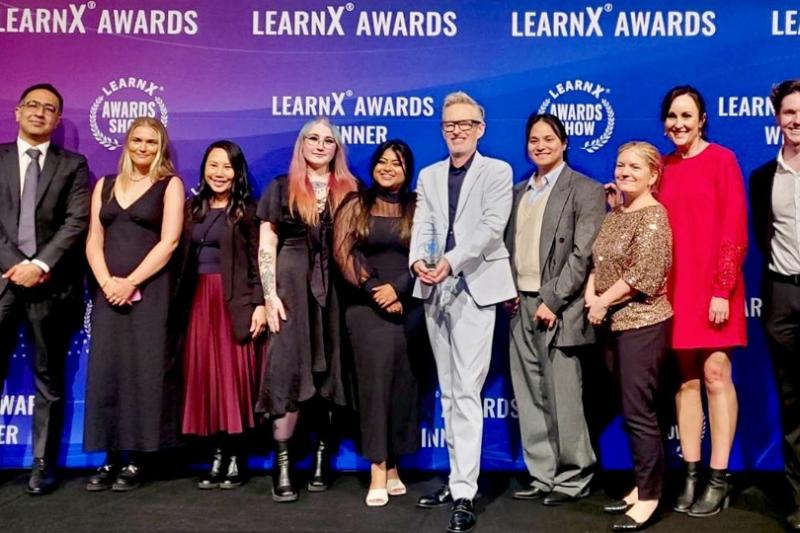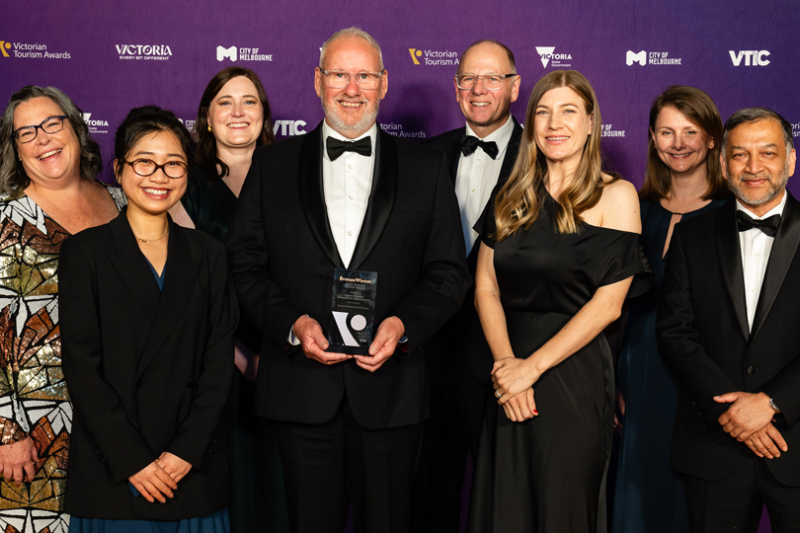Early childhood investment wasted without quality

Highly skilled educators are the most important ingredient to achieving high quality early childhood education and care (ECEC) but many early childhood educators don’t receive sufficient training or support.
A new paper by Mitchell Institute at Victoria University finds that quality is lagging in key ECEC areas and improving teaching should be a top priority.
Mitchell Institute Policy Program Director, Dr Charlene Smith said early childhood educators need better training and professional learning to support the important work they do.
“We know that early education changes lives and is particularly transformative for disadvantaged children but it is only effective if it is of sufficient quality to impact their development,” Dr Smith explained.
“Governments have invested significantly to help more children access early learning and improve affordability, but there will be no return on that investment unless children attend high quality services.”
The paper finds that many ECEC services are struggling to meet the quality area that is most strongly aligned to effective education. This means not enough children are receiving education experiences that will have lasting effects throughout school and into adulthood.
One in five services fail to ensure educators are active and reflective in designing and delivering learning programs for children, and half of services only meet the minimum quality benchmark in this area.
There is also large variation in the level of quality across Australia, with children from lower SES families more likely to attend lower quality programs.
Dr Smith said governments should prioritise building early childhood educator skills and make sure investment reaches the children who need it most – in line with what they are working to achieve in schools.
“If we had schools with teachers who haven’t finished their qualifications or don’t have the right kind of training to help children learn, there wouldn’t be time for a conversation – there would be immediate action.
“We have accepted this scenario for younger learners for too long – it isn’t good enough.”
The paper recommends governments focus on ensuring that universities, TAFEs and private colleges teach early childhood education students the skills to boost children’s learning; creating opportunities for educators to share knowledge and attend professional training; and collecting data to track children’s development and improve learning experiences.
It says cohesive policies are needed to address the complex challenges in Australia’s ECEC environment.
“If we want to realise the potential of young Australians, we need to stop cutting corners with early learning quality,” Dr Smith said. ENDS
Media contact: Julia Johnston, 03 9919 4549, 0401 136 114,



